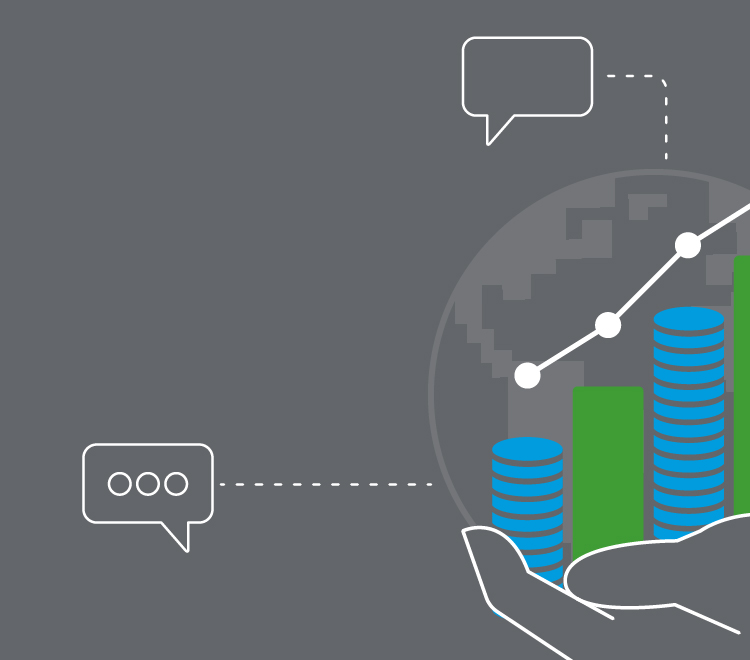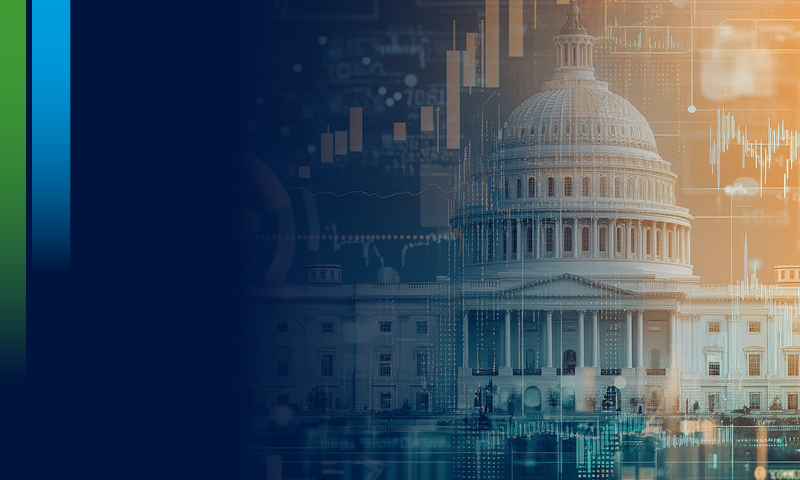26 May 2023
If interest rates rise to 5.5% over the rest of this year, as predicted by financial markets, then the UK economy would probably fall into a recession lasting through the second half of this year and into the first quarter of 2024. However, the peak-to-trough drop in GDP would probably only be between 0.5% and 1%, making it a relatively mild recession.
Sticky inflation means higher interest rates
Data releases over the last couple of weeks have made for uncomfortable reading for the Bank of England (BoE). The most recent labour market data showed only the most tentative signs that the labour market is starting to ease, while inflation data came in much hotter than the Bank was expecting.
This suggests that the Monetary Policy Committee (MPC) is going to have to raise interest rates by more and keep them higher for longer to eventually bring about the falls in inflation they are looking for. Indeed, financial markets have gone from pricing in a peak in interest rates of 4.75% two weeks ago to a peak of 5.5% now.
If interest rates do rise by another full percentage point (pp) over the next few months and stay there until early next year our modelling suggests that this would be enough to tip the UK economy into recession. Indeed, rather than returning to modest growth from Q3 the economy may continue to contract until Q1 2024, with a peak-to-trough drop in GDP of between 0.5% and 1%.
However, this recession would lower inflation by around 0.5ppts compared to our current forecast, meaning inflation would be back at 2% by late 2024.
The Chancellor of the Exchequer, Jeremy Hunt, was correct when he said that “the only path to sustainable growth is to bring down inflation”. Low and stable inflation is a prerequisite for sustainable economic growth. And the BoE has made clear that if a recession is what it takes to get inflation under control, then it will raise interest rates until that happens.
A recession is now firmly back on the cards – but it’s still not a guarantee. Inflation should still fall sharply this year as goods and shipping prices drop back. The most important factor, though, will be getting some of the 500,000 people (almost 2% of the workforce) who have dropped out due to sickness since the pandemic back into work. That would materially ease the labour market and inflation and allow interest rates to peak at a lower rate as well as boosting economic growth.









